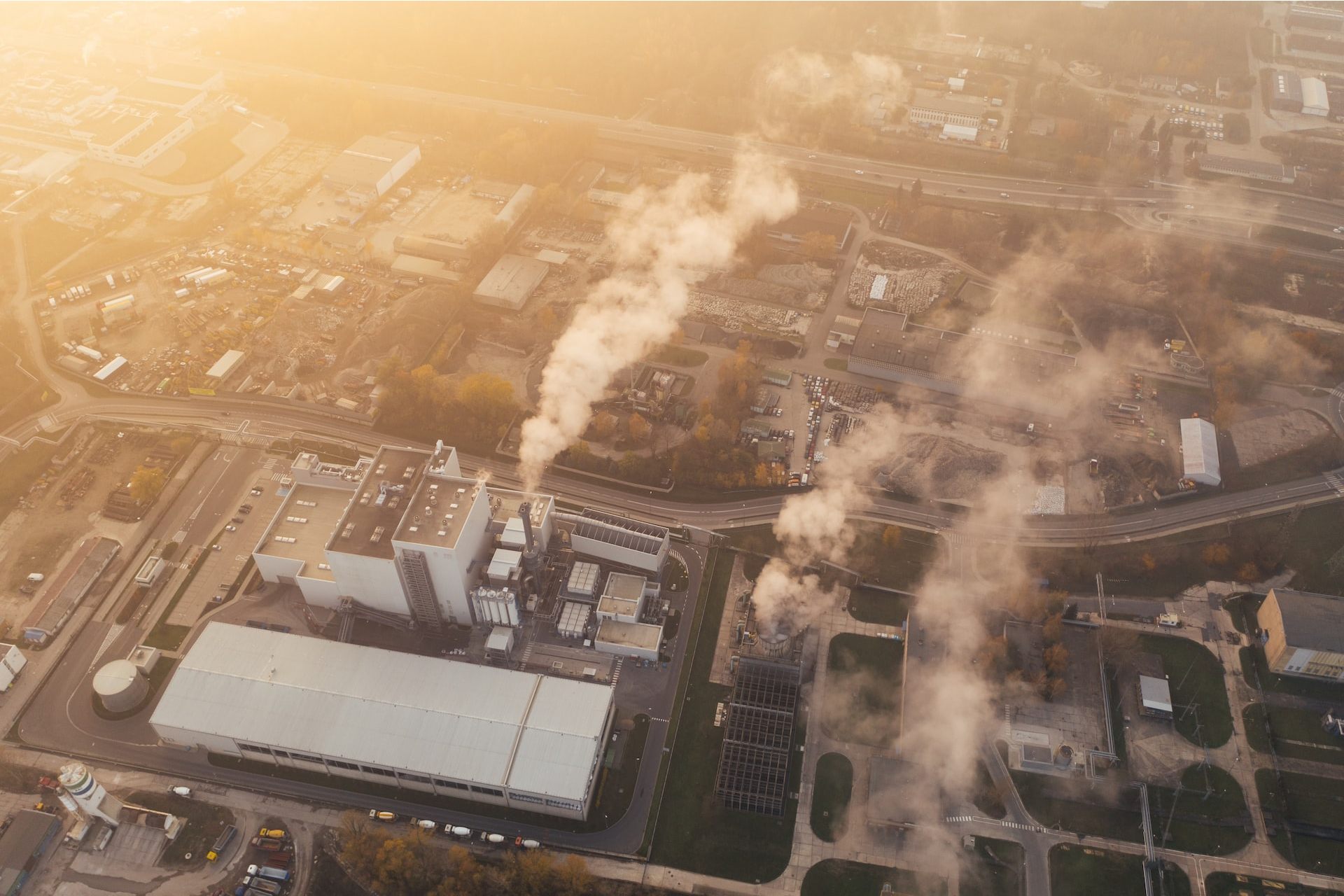The integrity of the carbon offsetting market is under fire after journalists from the Guardian, SourceMaterial, and Die Ziet have reported that more than 90 per cent of offsetting credits approved by the world’s biggest offset provider are not reflective of the promised emissions reductions. Luckily, one organisation already has a solution under way: the Integrity Council for the Voluntary Carbon Market is in the process of creating new carbon credit standards.
Commencing in the third quarter of 2023, the Voluntary Carbon Market plans to implement labelling that would identify the integrity of a carbon credit. Labels would indicate when a carbon credit has successfully met certain standards which are based on hard science and “clear, measurable, and verifiable data.”
The ultimate goal of developing these labels is to ensure that criteria for carbon credits are considered to be of ‘high integrity.’ With increasing scrutiny from a market concerned about emissions reductions and the race to net zero, the VCM is aiming to implement these labels to further ensure that promised emissions reductions can be achieved.
In March, the group aims to publish it first Core Carbon Principles. This follows a drafted framework that was published last summer (2022). Then it plans to begin evaluating carbon-crediting programmes in May, with the first new labels being awarded in the second half of the year.
Annette Nazareth, Chair of the Integrity Council, said the CCP label had been designed to “reduce confusion, overcome market fragmentation and give buyers confidence that they are funding projects that make a genuine positive impact”.
Analysis shows that carbon offsets are ‘worthless’
The research that has thrown the legitimacy of offsets into question was undertaken by the Guardian, Die Ziet, and SourceMaterial over the course of a nine-month investigation of Verra. Verra is the world’s leading carbon standard for the growing voluntary offsets market. The investigation found that more than 90% of their rainforest offset credits, which are among the most commonly used by companies, are most likely “phantom credits” and do accurately not represent carbon reductions.
The report is based on an analysis of Verra’s rainforest schemes along with dozens of interviews and reports with scientists, industry leaders, and Indigenous communities. Findings from the investigation conclude that:
- 94% of credits had no benefit to the climate
- The threat to forests had been overstated by about 400% on average for Verra projects, according to analysis of a 2022 University of Cambridge study.
- Gucci, Salesforce, BHP, Shell, easyJet, Leon and the band Pearl Jam were among dozens of companies and organisations that have bought rainforest offsets approved by Verra for environmental claims.
Verra has fiercely disputed the points argued in the exposé. Robin Rix, Chief Legal, Policy, and Markets Officer at Verra, told the Guardian, “It is absolutely incorrect to say that 90% of Verra-certified REDD+ credits are worthless. The article bases this false claim on extrapolations of three reports by two different groups, who assessed a small number of projects using their own methodologies.”
Now, many industry leaders are questioning the legitimacy of carbon credits – and what can be trusted. As the Voluntary Carbon Market plans to roll out standardised labels later this year, be sure to watch this space.












